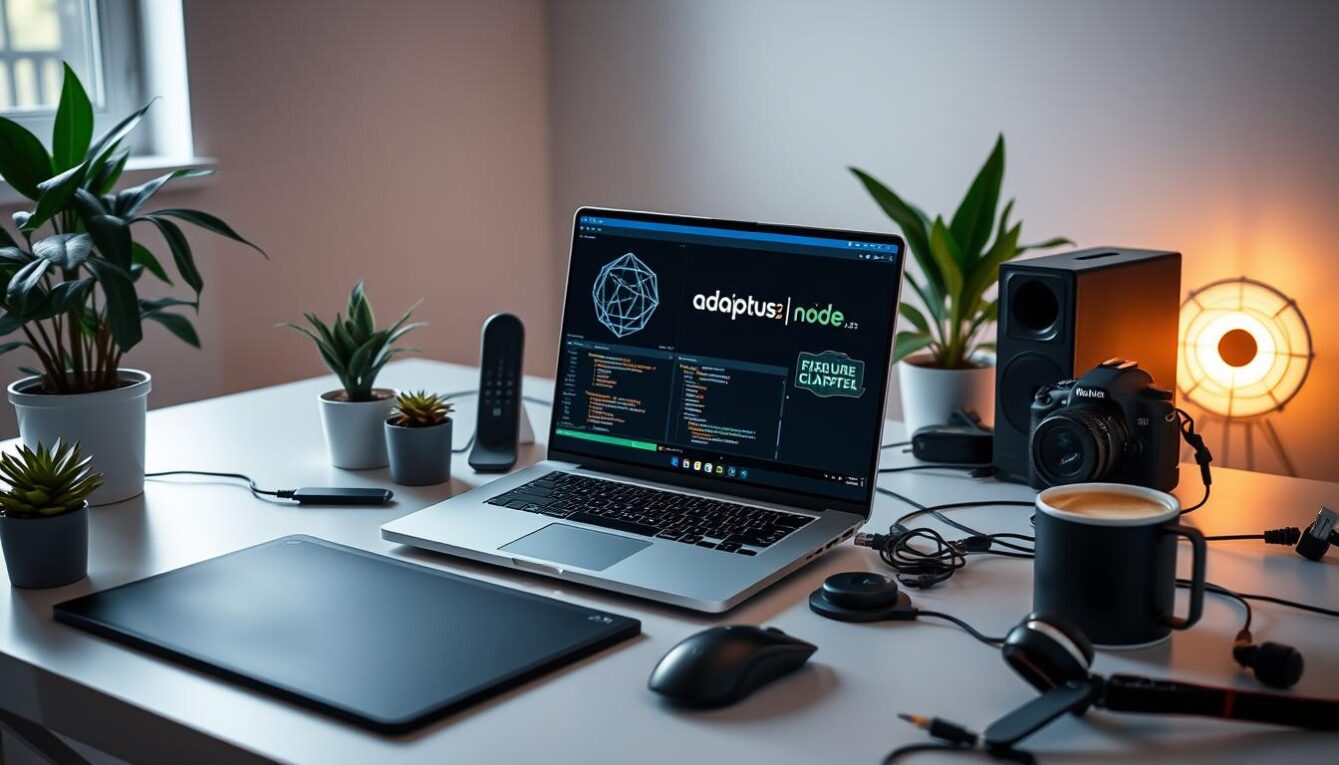The United States is a hotbed of innovation, and incubators are vital in bringing new and exciting ideas to life. These programs provide startups with access to funding, mentorship, and other resources that can help them succeed. From tech to food and everything in between, incubators come in various forms and are located in cities across the country. In this article, we will explore the top US incubators and their benefits and the success stories of startups that have launched through these programs.
Bringing Ideas to Life: How Incubators Work
Incubators serve as a launchpad for startups, giving them the resources and support they need to turn their ideas into successful businesses. These programs typically offer various services, including office space, funding, mentorship, and networking opportunities. Incubators may accept startups at various stages of development, from ideation to seed-stage funding.
Incubators often have a specific focus or niche, such as technology, food, or sustainability. Startups accepted into these programs are typically given a fixed amount of time, usually between six months to two years, to develop their ideas and products. During this time, they are expected to work closely with mentors and advisors, attend workshops and events, and make progress toward launching their business.
Launching Successful Startups: Benefits of Incubation
Incubators offer a variety of benefits to startups, including access to funding, mentorship, and resources. By providing startups with these resources, incubators can help them overcome the challenges of launching a new business. Startups that go through incubation programs are more likely to succeed than those that do not.
Incubators also provide startups access to a network of mentors, advisors, and other entrepreneurs. This network can be invaluable in helping startups make connections and gain exposure to potential investors and customers. Many incubators also offer access to office space, which can be a significant expense for startups just starting.
Funding & Mentorship: What Incubators Offer
One of the primary benefits of incubation is access to funding. Incubators often provide startups with seed funding or connect them with investors interested in their products or ideas. This can be a significant advantage for startups, as securing funding in the early stages of a business can be challenging.
In addition to funding, incubators also offer mentorship and guidance. Startups are paired with mentors who have experience in their industry and can provide advice on everything from product development to marketing strategies. This mentorship can be priceless, as it can help startups avoid common pitfalls and make smarter decisions.
From Tech to Food: Variety of Incubation Programs
Incubators come in many shapes and sizes, catering to a wide range of industries and niches. Some of the most popular incubators, such as Y Combinator and Techstars, are focused on technology. These programs are designed to support startups that are developing innovative new technologies, such as artificial intelligence, blockchain, and virtual reality.
Other incubators focus on more traditional industries, such as food and beverage. These programs provide startups with support and resources to develop new food and beverage products and access to a network of investors and retailers.
Hotspots for Innovation: Top Incubators in Silicon Valley
Silicon Valley is one of the world’s most famous hotspots for innovation, and it is home to many top incubators. One of the most well-known is Y Combinator, which has helped launch startups such as Airbnb, Dropbox, and Reddit. Other notable incubators in Silicon Valley include 500 Startups and Plug and Play Tech Center.
Beyond Silicon Valley: Incubators in Other US Cities
Although Silicon Valley is the most famous incubator hotspot, many other cities across the United States are home to top incubators. New York City is one such city, with incubators such as Techstars NYC and Brooklyn Fashion + Design Accelerator. Other notable cities for incubation include Boston, Chicago, and Austin.
Top Incubators for Women & Minority Entrepreneurs
Incubators have traditionally been male-dominated, but many programs are specifically designed to support women and minority entrepreneurs. Some of the top incubators for women include Women’s Startup Lab and Women’s Venture Fund, while minority entrepreneurs can benefit from programs such as NewME and Project Entrepreneur.
Incubating Green Ideas: Sustainability-Focused Programs
As the world becomes more focused on sustainability, there has been a rise in the number of incubation programs that focus on green ideas. These programs support startups developing sustainable products or services, such as renewable energy or eco-friendly consumer products. Some of the top sustainability-focused incubators include Cleantech Open and Greenstart.
The Future of Incubation: Emerging Trends & Technologies
As technology continues to evolve, so too will incubation programs. Emerging technologies such as artificial intelligence and blockchain are likely to become more prevalent in incubation programs, as startups seek to develop new and innovative products and services. In addition, there may be a shift towards more decentralized incubation models, where startups can work remotely and still receive support and resources from an incubation program.
Success Stories: Startups Born in US Incubators
Many of the most successful startups in the United States have been launched through incubation programs. Airbnb, Dropbox, and Reddit all started in Y Combinator, while Warby Parker and Rent the Runway launched through the New York-based incubator Techstars NYC. These success stories demonstrate the power of incubation in helping startups turn their ideas into successful businesses.
Join the Incubation Revolution: How to Apply to a US Incubator
If you have a great idea for a new business, incubation may be the perfect way to turn that idea into a reality. To apply for an incubation program, you must typically submit an application that includes information on your product or idea, your team, and your market. If accepted into a program, you will receive funding, mentorship, and other resources to help you launch your business.
In conclusion, incubation programs are a vital part of the startup ecosystem in the United States. These programs provide startups the resources and support they need to turn their ideas into successful businesses. Whether you are developing a new technology, a sustainable product, or a food and beverage product, an incubator can help you bring your idea to life. So why not join the incubation revolution and apply for a US incubation program today?










